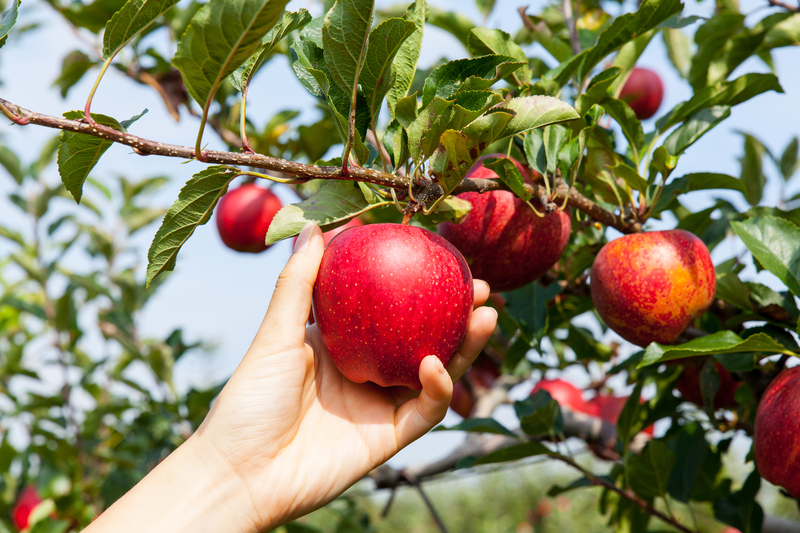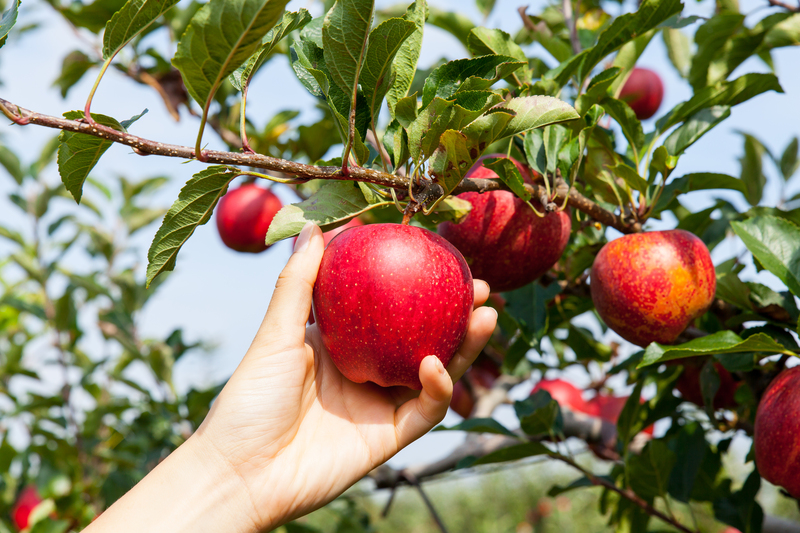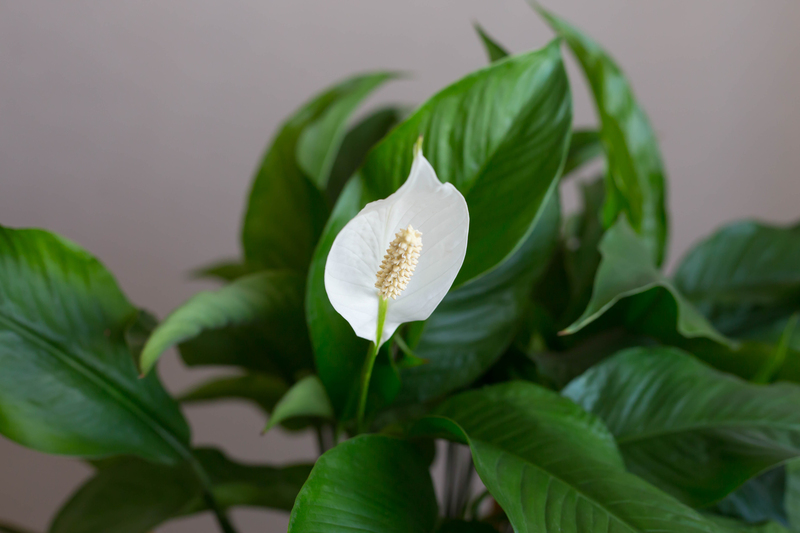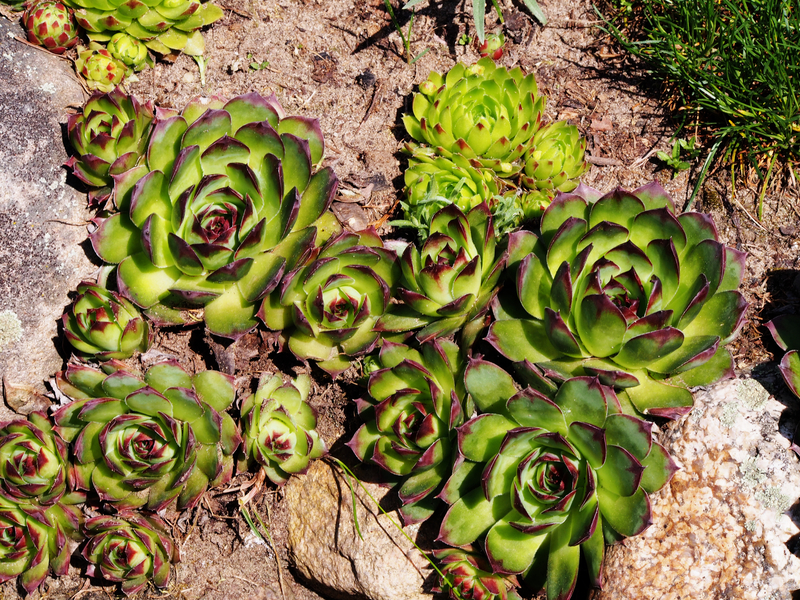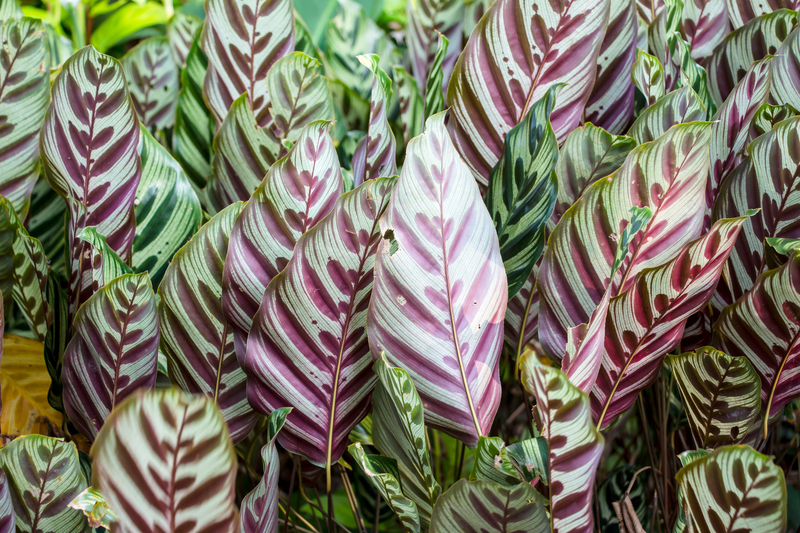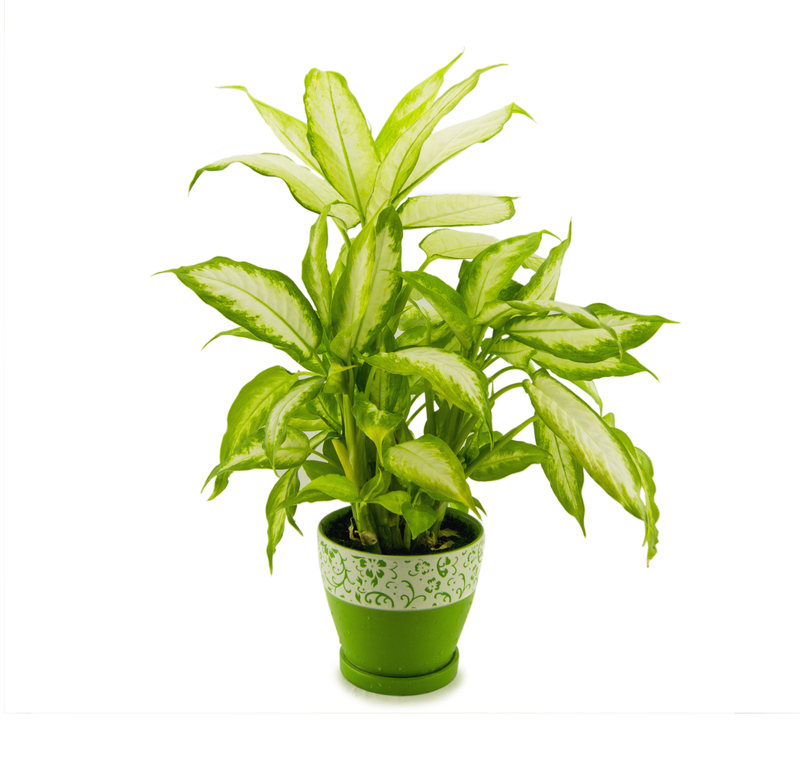Mowing Sucks: The Frustrations of Maintaining a Lawn

Mowing lawns is often seen as a routine household chore, but let's face it, mowing sucks for many reasons. Whether it's the physical exertion, the monotonous task, or the never-ending upkeep, maintaining a perfectly trimmed lawn can be more hassle than it's worth.
First and foremost, the time commitment required for mowing is significant. For homeowners with busy schedules, fitting in regular lawn care can be a daunting task. Mowing needs to be done frequently, especially during the growing season, which can disrupt other personal or professional responsibilities.
Additionally, the cost associated with lawn maintenance can add up quickly. Purchasing and maintaining a quality lawn mower, along with paying for fuel and potential repairs, can strain a household budget. This financial burden is often underestimated until it's too late.
Beyond the logistical challenges, mowing can also be physically demanding. Pushing a mower back and forth across the yard requires significant effort, particularly for those with limited mobility or health issues. The repetitive motion can lead to muscle strain and fatigue, making the task even less appealing.
Moreover, environmental concerns are another aspect to consider. Gas-powered mowers contribute to air pollution and carbon emissions, which are detrimental to the environment. For eco-conscious individuals, the act of mowing presents a moral dilemma between maintaining an aesthetically pleasing lawn and minimizing one’s ecological footprint.
The noise generated by mowers is yet another factor that makes mowing sucks. The loud sounds can be disruptive to both the homeowner and the surrounding neighborhood. Early morning or late evening mowing can lead to conflicts with neighbors, making the entire experience even more stressful.

Furthermore, the maintenance of lawns themselves can be seen as an unnecessary effort. Alternatives like artificial turf or xeriscaping offer easier maintenance and environmental benefits, yet the cultural expectation to maintain a green lawn persists. This societal pressure adds to the frustration many feel towards mowing lawns.
There’s also the issue of unpredictability. Weather conditions can severely impact mowing schedules. Rain, excessive heat, or even unexpected snowfall can delay or complicate lawn care, leaving homeowners in a constant state of catching up rather than enjoying their outdoor spaces.
In addition, dealing with uneven terrain or obstacles in the lawn can make mowing more challenging. Navigating around trees, flower beds, and other landscape features requires extra time and care, often leading to an incomplete job and the need for multiple sessions.
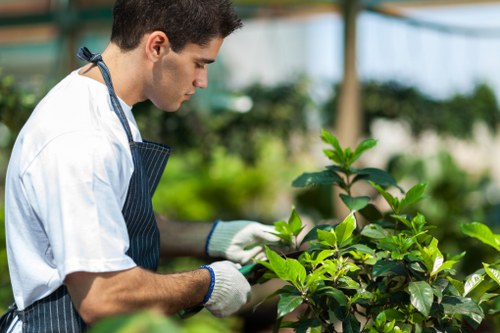
The physical appearance of the lawn can also contribute to the frustration. Despite regular mowing, some lawns never achieve the desired look due to poor soil quality, pests, or diseases. This can result in wasted effort and a lawn that still looks unkempt despite continuous work.
Moreover, mowing is a task that typically needs to be done multiple times a week during peak growing seasons, leading to a relentless cycle of maintenance. This lack of downtime can make lawn care feel more like a burden than a manageable chore.
Another aspect to consider is the safety concern associated with mowing. Accidents can happen, whether it’s tripping over the mower, getting debris thrown by the blades, or handling fuel improperly. These risks add an additional layer of stress to the already unpleasant task of mowing.

All these factors combined make it clear why mowing sucks. It's a demanding task that consumes time, energy, and resources, often without providing the satisfaction one might expect from maintaining a beautiful lawn.
However, recognizing these challenges can lead to exploring alternative solutions. Options such as hiring a professional lawn care service, investing in robotic mowers, or redesigning the landscape to require less maintenance can alleviate some of the burdens associated with mowing.
Ultimately, the decision to continue mowing or seek alternatives depends on individual preferences, budget, and lifestyle. For many, the cons of mowing far outweigh the benefits, validating the sentiment that mowing truly sucks.
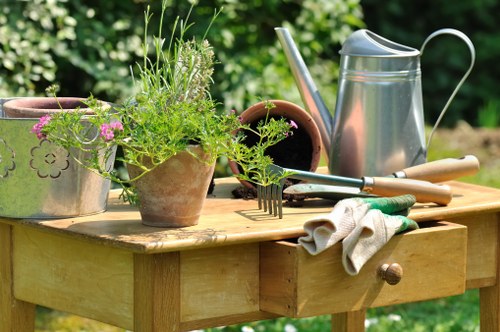
In conclusion, while a well-maintained lawn is often considered a symbol of pride and beauty, the reality of keeping it trimmed and healthy is fraught with challenges. The physical effort, financial costs, environmental impact, and time investment make mowing an arduous task that many find frustrating and unenjoyable.
Exploring alternative landscaping options or embracing a more relaxed approach to lawn care can provide a solution that better aligns with personal values and lifestyle. By acknowledging that mowing sucks, homeowners can take proactive steps towards a more sustainable and less stressful outdoor space.
Say goodbye to the endless cycle of mowing and consider alternative ways to enjoy your outdoor space without the hassle. Embracing changes not only eases the burden but also contributes to a more sustainable environment.
